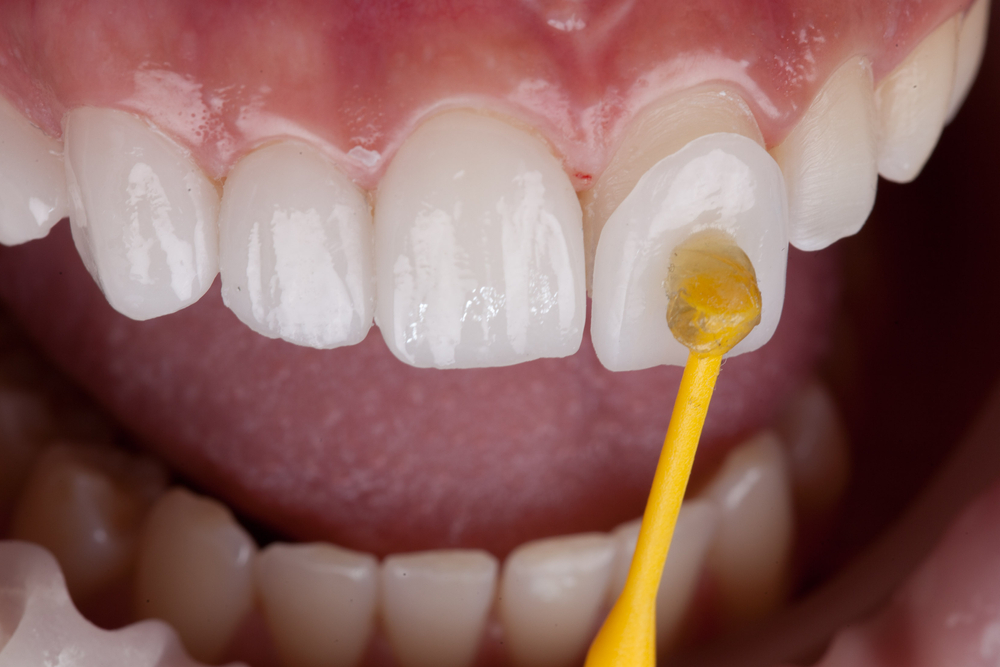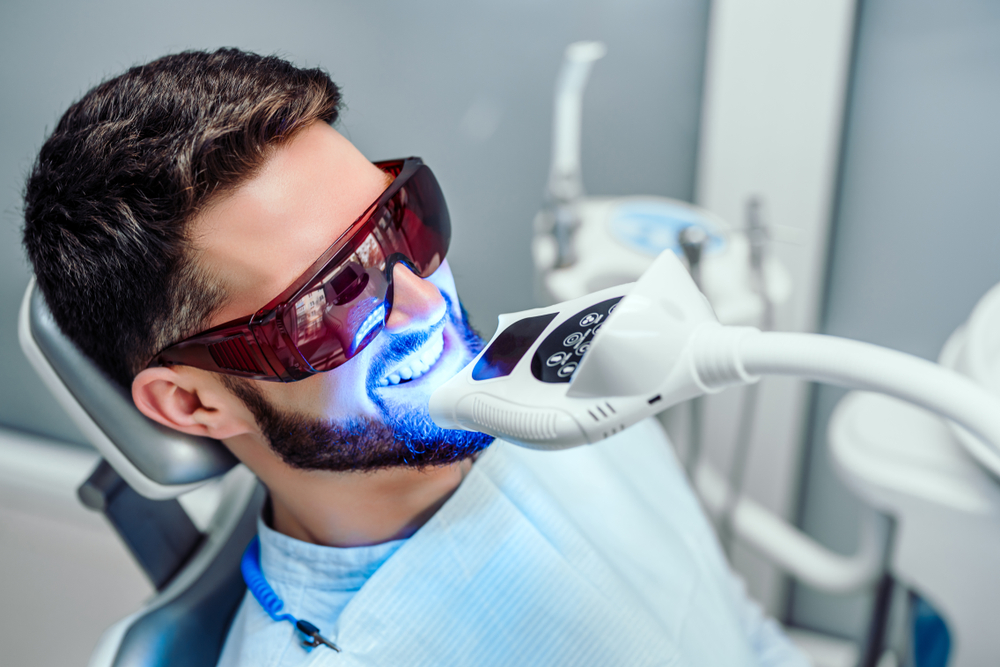From the moment a child’s first tooth peeks through, a new chapter begins in their development. Baby teeth, commonly called milk teeth or primary teeth, might seem insignificant due to their temporary nature. However, these tiny white pearls play a far bigger role than simply being placeholders for their permanent successors.
It’s quite a common misconception to think of baby teeth as less important because they’re eventually going to fall out. After all, why fuss over something that isn’t meant to last? Unfortunately, this way of thinking often leads to neglect and misunderstanding of the critical role baby teeth play in a child’s overall health and development. This article aims to shed light on the invaluable functions and lifelong impact of baby teeth.
The Purpose and Importance of Baby Teeth
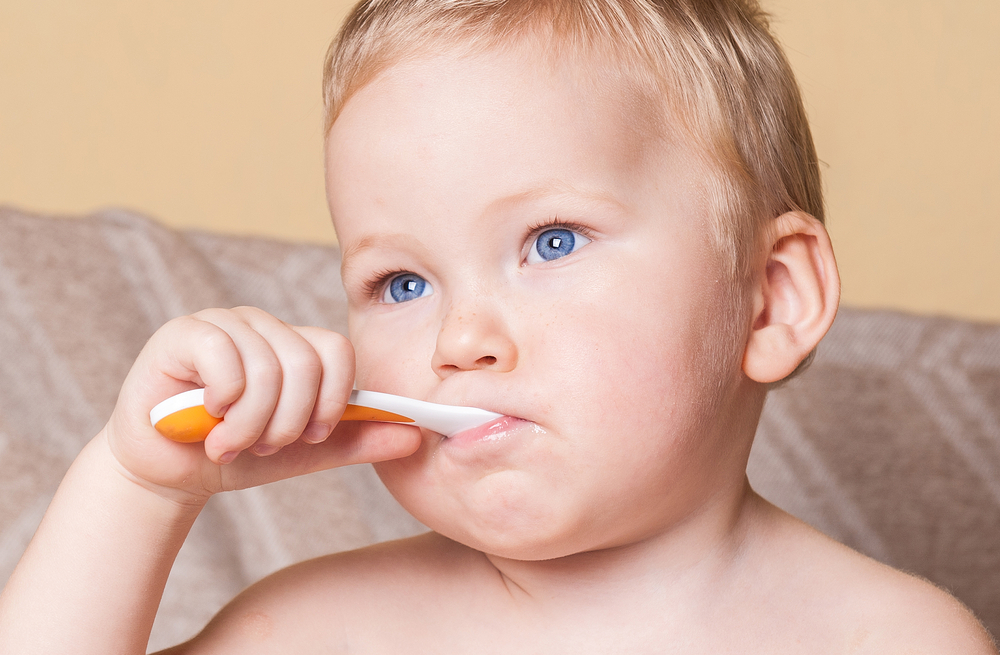
So, why are these temporary fixtures so important? Why should we give baby teeth the same attention and care as permanent ones? Here’s why: Baby teeth serve as the cornerstone of oral health, setting the foundation for adult teeth and playing a significant role in a child’s physical, social, and emotional development.
Firstly, baby teeth are essential for chewing and nutrition. They help children break down food effectively, contributing to their growth and overall health. Furthermore, they serve as a guide for permanent teeth, holding the space necessary for them to erupt correctly. Early loss of a baby tooth can cause neighboring teeth to shift, leaving insufficient room for a permanent tooth to come in. This can lead to misaligned teeth and necessitate orthodontic treatment down the line.
Additionally, baby teeth play a vital role in speech development. The placement and movement of the tongue against the teeth assist in making specific sounds. In turn, this promotes clear speech and effective communication, positively impacting a child’s confidence and social skills.
Understanding the importance of baby teeth sets the stage for good oral hygiene habits that can last a lifetime. By instilling the value of dental care early on, we help children build a solid foundation for their permanent teeth and overall health.
Baby Teeth and Speech Development

A child’s first words are a memorable milestone for any parent. These words mark the beginning of a life filled with communication, learning, and interaction. However, what most people may not realize is the pivotal role baby teeth play in this process.
Baby teeth, often regarded as a stepping stone to permanent teeth, are instrumental in a child’s speech development. Their presence in the mouth contributes significantly to a child’s ability to articulate sounds and words clearly. When children start to form words, they learn by controlling the movements of their tongue, lips, and jaw. The teeth serve as physical guides against which these soft tissues form different sounds. The interaction between the tongue and the upper and lower teeth, in particular, helps produce sounds like ‘th’, ‘s’, ‘d’, and ‘t’.
For example, the ‘th’ sound in ‘thing’ or ‘this’ is created by placing the tip of the tongue between the upper and lower front teeth. The upper front teeth are used to form the ‘s’ sound as in ‘sun’ by positioning the tongue close to them while air stream is directed towards the teeth. These precise movements and placements may be affected when a child loses baby teeth prematurely or when these teeth are in poor health, potentially leading to speech difficulties.
Premature tooth loss – a Lifelong impact
Missing or decayed baby teeth can lead to incorrect pronunciation, often causing frustration for the child and sometimes leading to a lack of confidence in social situations. Consequently, maintaining the health of these temporary teeth is crucial for fostering proper speech development, enhancing self-esteem, and promoting effective communication skills.
The role of baby teeth in speech development is just one of the many reasons why they should be cared for diligently. Far from being temporary or disposable, these little teeth perform big tasks, acting as a catalyst for children’s healthy growth and development. As we’ll continue to see, the significance of baby teeth stretches far beyond the tooth fairy’s coins.
Baby Teeth as Space Keepers for Adult Teeth
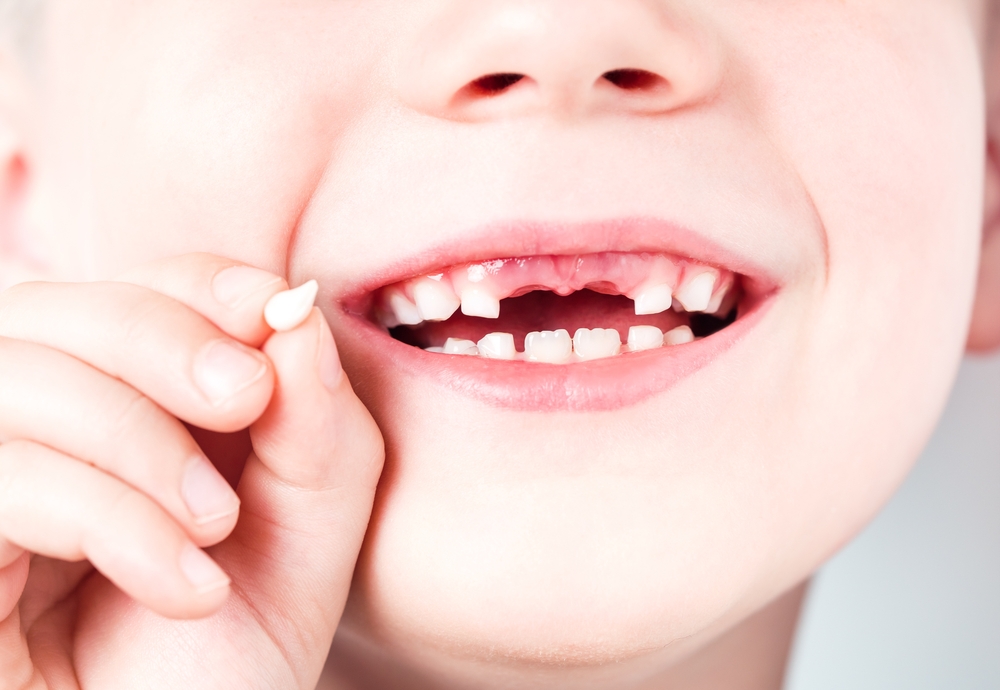
“First in, first out” may sound like an inventory management concept, but it also accurately describes how baby teeth operate. Apart from their role in speech development, baby teeth also play a crucial role as space savers for the incoming permanent teeth, ensuring they erupt in their correct positions.
Each baby tooth reserves a place for a specific adult tooth, preserving the alignment in the mouth. The baby tooth stays in place until the permanent tooth beneath it is ready to emerge, at which point it starts to loosen and eventually falls out. The permanent tooth then follows the path cleared by the baby tooth, using it as a guide to where it should position itself. Without this guide, permanent teeth can erupt in incorrect positions, leading to misalignment or crowding.
This is one of the reasons why losing baby teeth prematurely due to decay or trauma can lead to dental problems down the road. Without the baby tooth acting as a placeholder, adjacent teeth may move into the empty space, leaving insufficient room for the permanent tooth to emerge correctly. This displacement can result in crowded or crooked teeth, requiring orthodontic treatment.
Therefore, maintaining the health of baby teeth is integral for the proper alignment and spacing of permanent teeth. It’s crucial that children observe good dental hygiene practices and have regular dental check-ups to ensure their baby teeth are healthy and remain in place until they are naturally lost.
The Hidden Health Indicators in Baby Teeth
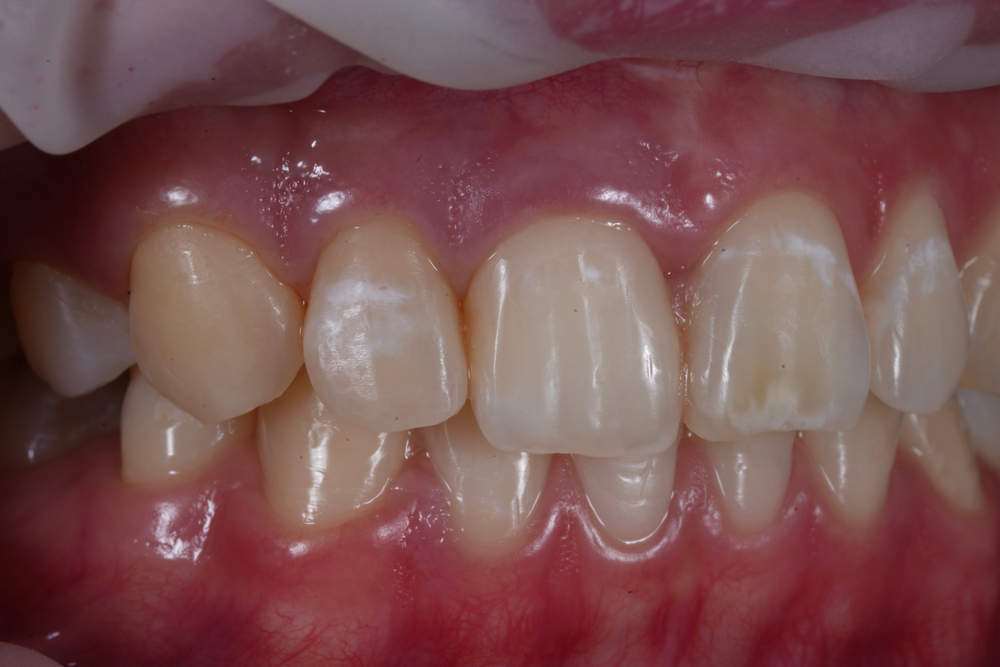
One of the least known but most fascinating aspects of baby teeth is their potential role as health indicators. Baby teeth begin to form during the early stages of pregnancy and continue to develop throughout early childhood, a period during which children are especially susceptible to environmental factors and health conditions. These factors can leave an imprint on the developing teeth, which can be read much like tree rings to provide a unique window into a child’s health history.
Recent research has shown that the composition of baby teeth can reveal exposure to harmful elements like lead or signify nutrient deficiencies. For instance, higher levels of lead found in baby teeth have been linked to behavioral issues and lower cognitive performance in children. The analysis of baby teeth can even provide clues about a child’s risk of developing neurological conditions such as autism.
While more research is needed to fully unlock the potential of baby teeth as health indicators, these initial findings underscore their immense value. Far from being just temporary placeholders, baby teeth can be vital tools in protecting and monitoring a child’s health.
These factors highlight why taking care of baby teeth is so crucial. Not only do they contribute to speech development and guide the growth of adult teeth, but they could also help monitor a child’s health. Truly, baby teeth are worth more than just a few coins from the tooth fairy.
Common Problems with Baby Teeth
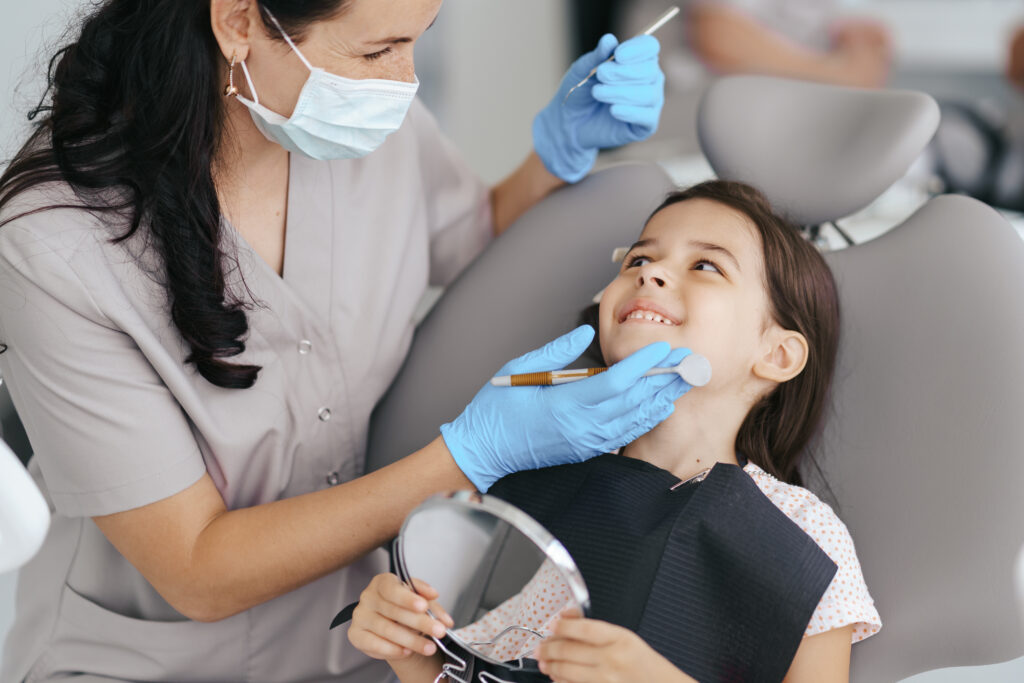
Just like their adult counterparts, baby teeth can be subject to a number of dental problems. Decay, in particular, is a common issue. In fact, according to the Centers for Disease Control and Prevention, tooth decay (dental caries) is the most common chronic disease in children. Left untreated, decay can lead to pain, infection, and premature loss of the baby tooth.
Early loss of baby teeth due to decay, injury, or other reasons can lead to problems with permanent teeth, as we discussed earlier. Space maintainers can be used to hold the space open for the permanent tooth if a baby tooth is lost prematurely, but the best solution is to avoid the problem in the first place with proper oral hygiene.
Thumb-sucking, another common habit among infants and toddlers, can also affect the alignment of the baby teeth, particularly if it continues after the permanent teeth start to come in. If you notice changes in your child’s baby teeth or are concerned about thumb-sucking, consult with your pediatric dentist.
Keeping baby teeth healthy isn’t complicated but it does require regular care. From the time the first baby tooth appears, it’s important to start cleaning it daily. As more teeth come in, regular brushing with a child-safe toothpaste becomes essential. Limiting sugary snacks and drinks, ensuring a balanced diet, and scheduling regular dental check-ups are also vital steps in protecting your child’s baby teeth.
The Tooth Fairy: A Fun Tradition and Teaching Tool
Beyond their crucial role in health and development, baby teeth can also contribute to teaching valuable lessons about oral hygiene – with a little help from the Tooth Fairy.
The story of the Tooth Fairy, who exchanges lost baby teeth hidden under pillows for a small gift or coin, is a beloved tradition in many cultures. While the specifics of the Tooth Fairy’s rewards or the story told may vary, the tradition itself can be a wonderful teaching tool.
The prospect of a visit from the Tooth Fairy can transform the potentially frightening experience of losing a tooth into an exciting event. This narrative can also provide an opportunity for parents and caregivers to discuss why teeth fall out and the importance of taking care of them. By tying the Tooth Fairy’s reward to the condition of the tooth, children can be encouraged to brush and floss regularly to ensure their lost tooth is ‘Tooth Fairy-approved’.
The Tooth Fairy tradition can also help establish a positive attitude towards dental care in children. After all, a visit from the Tooth Fairy doesn’t just signify a rite of passage, but a reward for a job well done in taking care of their teeth.
Conclusion
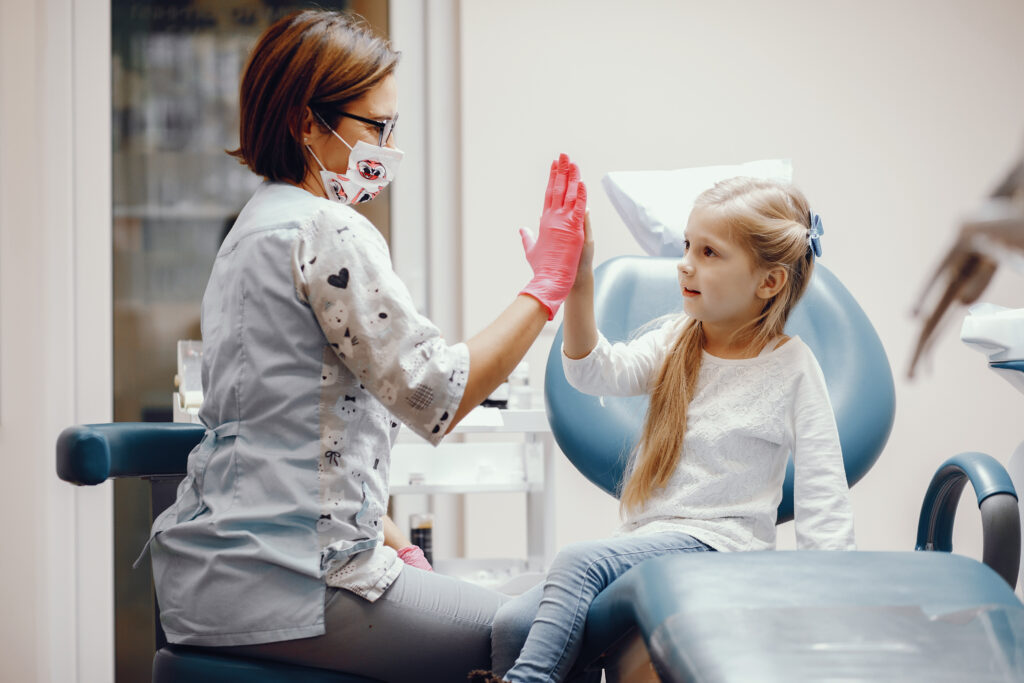
Understanding the true value of baby teeth can significantly influence how we perceive and approach our children’s dental care. Despite being temporary, baby teeth play a pivotal role in a child’s overall development, influencing not only their ability to chew and speak properly but also paving the way for their permanent teeth. These little pearls, which hold so much importance, are indeed more valuable than what the Tooth Fairy leaves under the pillow.
As parents and caregivers, it’s crucial to prioritize oral hygiene right from the appearance of the first tooth. Regular check-ups with a pediatric dentist, combined with good dental habits at home, can help ensure that baby teeth stay healthy and do their job. The teething stage and subsequent loss of baby teeth also provide an excellent opportunity to teach children about the importance of oral care.
The Tooth Fairy – A Healthy Tradition
The Tooth Fairy, a beloved character in many households, can serve as a fun and effective teaching tool. With every tooth lost, parents can remind their children about the importance of good dental hygiene. Besides the excitement of a special visit, the tradition can reinforce positive behaviors and attitudes towards dental care, setting the stage for a lifetime of healthy smiles.
Dr. Richard Dawson and Dr. John Turke from Smile Science Dental Spa underline the importance of this early focus on dental health. “The care and attention given to baby teeth set the foundation for adult oral health,” says Dr. Dawson. “As dental professionals, our goal is to guide parents and caregivers on this journey, ensuring every child gets the best start in oral care.”
In closing, baby teeth are more than just stepping stones to permanent teeth. Their value goes beyond their life in the mouth, impacting children’s overall health, development, and learning about the importance of dental hygiene. So, the next time your child leaves a tooth under the pillow for the Tooth Fairy, remember – its value is truly more than a few fairy coins.
Citations and Further Reading
- Do Baby Teeth Really Matter? Changing Parental Perception and Increasing Dental Care Utilization for Young Children
- Do baby teeth really matter? Changing parental perception and increasing dental care utilization for young children
- Premature Loss of Deciduous Teeth as a Symptom of Systemic Disease: A Narrative Literature Review
- “Early baby teeth”: Folklore and facts
- Evaluation of knowledge and attitude of parents about the importance of maintaining primary dentition – A cross-sectional study
- Dental caries in primary and permanent teeth in children’s worldwide, 1995 to 2019: a systematic review and meta-analysis
- They’re not ‘just baby teeth’




